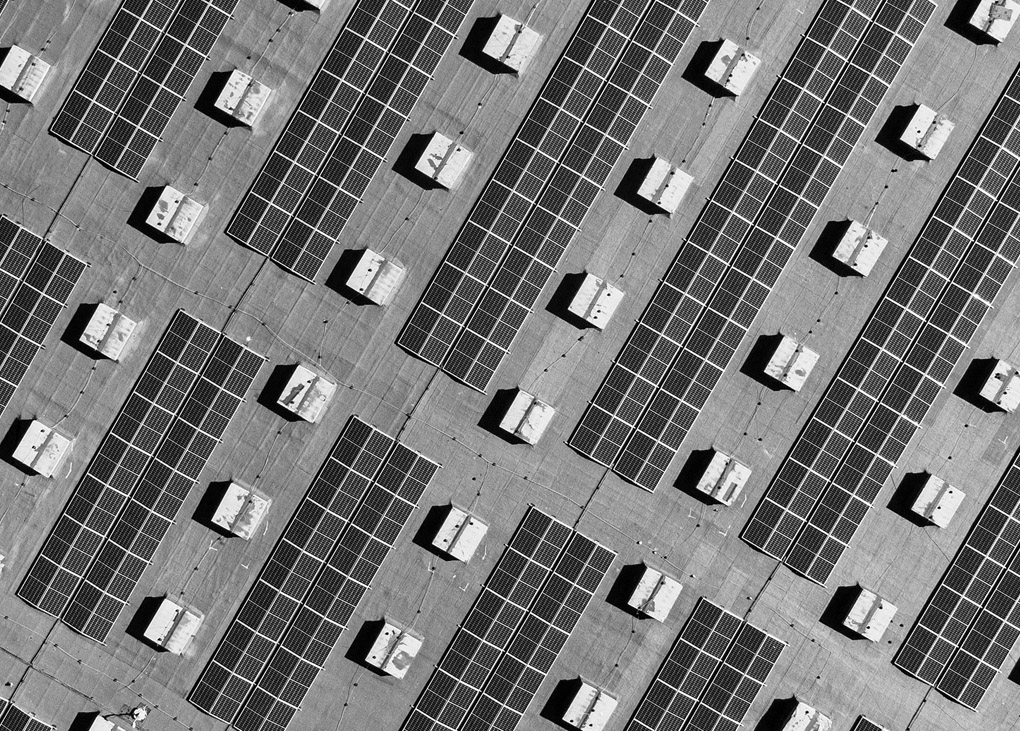The International Energy Agency Solar Heating and Cooling (IEA SHC) program is hosting two webinars about compact thermal energy storage technologies on Wednesday, April 2 and Thursday, April 3. The same webinar is being held twice to facilitate global participation.
The organisers say compact thermal energy storage technologies can be applied in cases where specific storage temperatures are desired or where a limited volume is available.
“The materials that provide compact storage are phase change materials or thermochemical materials,” says the IEA SHC.
“Within Task 67 of the IEA Solar Heating and Cooling program, further work has been done on materials development, materials characterisation, state of charge determination, and component development.”
The activities and results of the work will be highlighted in the webinars. Specific attention will be paid to the characterisation subtask of the material and the performance degradation subtask.
Speakers include:
- Wim van Helden, AEE INTEC (Austria) – Compact thermal energy storage: Advances in materials and performance insights from IEA SHC Task 67
- Daniel Lager, AIT (Austria) – Compact thermal energy storage materials characterisation techniques
- Christoph Rathgeber, ZAE Bayern (Germany) – How to determine and categorise materials performance degradation
- Moderator: Bärbel Epp, Solrico
The webinar will include two parts: a recording of all presentations followed by a live Q&A session with the speakers.
Due to time differences, it is recommended Australian participants register for the second webinar on April 3, which will be held at 5pm (AEST). However, both sessions are available for international registrations.
Registrations are open for the April 2 session here (commencing at 1am AEST) and the April 3 session here (commencing at 5am AEST).



Leave a Reply